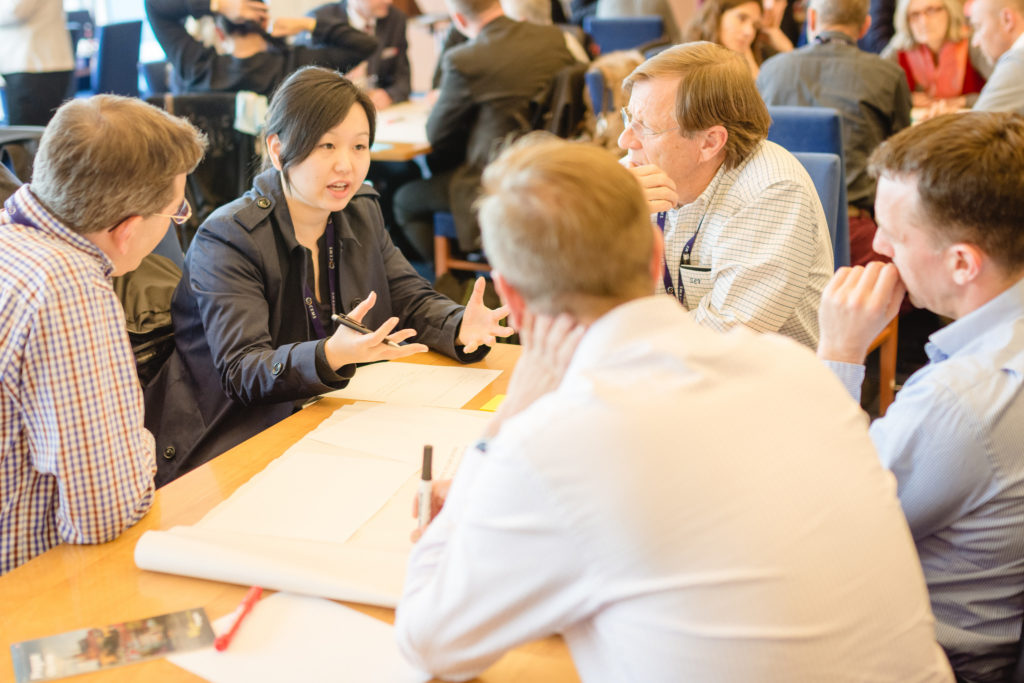
The thing about disruption is that it’s not new. It’s been happening for centuries. Just think of the steam engine and the radical impact it had on the transportation and energy sectors, giving rise to mechanized production during the first Industrial Revolution.
What is different is the rate and scope of disruptive change that is taking place in today’s economy, what many consider to be the 4th Industrial Revolution. In last years’ Recent Graduate Survey, the biggest challenges CEMS graduates felt they will face as global business leaders in the 21st century is the rate of technological or digital advancement. The reality is that disruption has become the new normal. In this new age of instability, traditional management models developed as a consequence of the 1st Industrial Revolution are being challenged.
In this new economy, the skill sets that worked well in the past to optimize processes are giving way to a new order of needs around creativity and emotional intelligence. According to the World Economic Forum, “with the avalanche of new products, new technologies and new ways of working, workers are going to have to become more creative in order to benefit from these changes.” In many ways, not only will people need to learn how to adapt to these new technologies, but also unlearn previous ways of operating and thinking. The good news is that CEMS partner institutions are working together to prepare themselves and CEMS graduates to be ready for the future.

Confined within these pages are stories that explore the benefits and challenges of the 4th Industrial Revolution and how we, within the CEMS community can harness this revolution to make the world a better place. We will explore the interactions between humans and robots at one of Japan’s largest investment bank and brokerage firms. We will unearth a deeper understanding of why data has become the new oil and how blockchain has the potential to become as powerful as the internet. We will also examine how managers and companies can adapt to not only survive, but thrive in an ever-changing world that is impacted rapid changes in industry and regulations.
It is through the collective sharing of ideas that members of the CEMS community will be the force of positive change in such an unpredictable world.